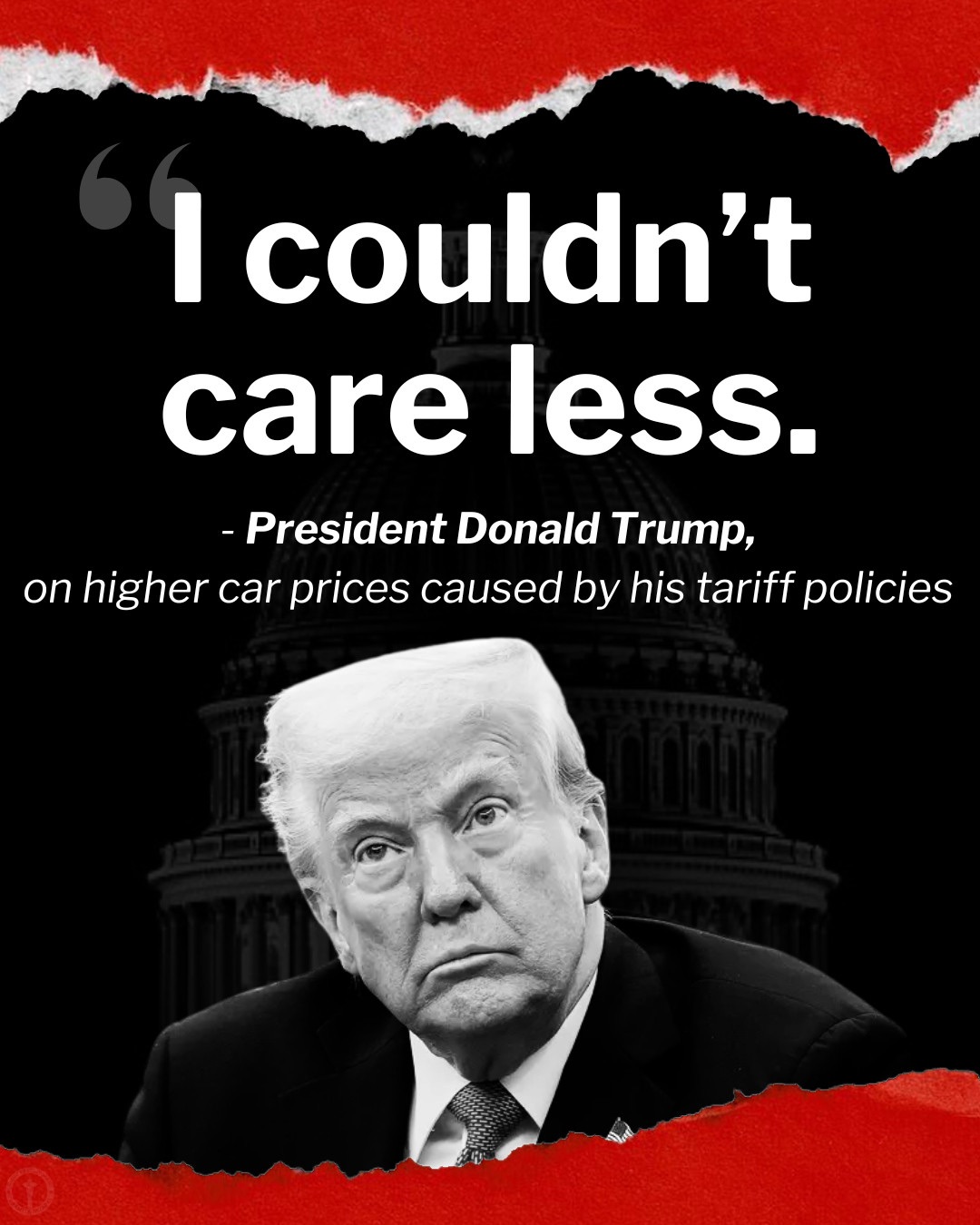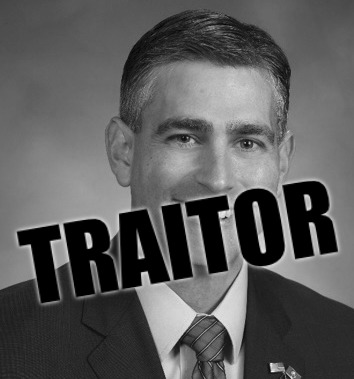In a shocking and deeply concerning development, the Trump administration has revoked the green card of Mahmoud Khalil, a legal permanent resident, and detained him in preparation for deportation. Khalil, a Palestinian activist and former graduate student at Columbia University, was taken into custody by Immigration and Customs Enforcement (ICE) agents after the State Department ordered the cancellation of his legal status. This unprecedented action has sparked widespread outrage and concern over the administration’s growing disregard for constitutional rights and due process protections.
Khalil, who has been an outspoken critic of U.S. foreign policy in the Middle East, particularly regarding the Israeli-Palestinian conflict, became a target after leading several pro-Palestinian protests on the Columbia campus. His activism, which included vocal support for Palestinian rights, made him a controversial figure, drawing ire from pro-Israel advocates and other political groups. The Trump administration’s response, however, has raised troubling questions about the use of deportation and immigration law as a tool to silence dissent.
According to reports, ICE agents arrested Khalil in New York following a directive from the State Department. The order to revoke his green card was reportedly linked to alleged connections to Hamas, a designation that many critics argue is politically motivated. In a move that has alarmed civil rights organizations, the government’s actions against Khalil seem to be based more on his political beliefs and activism than any legitimate legal violations.
Legal experts and human rights advocates have condemned the arrest as a blatant violation of Khalil’s constitutional rights. At the heart of the controversy is the First Amendment, which guarantees the right to freedom of speech. Khalil’s outspoken activism, which focused on issues such as Palestinian self-determination and criticism of Israeli policies, is precisely the kind of political speech that the Constitution protects. The Trump administration’s decision to deport him for these activities threatens to undermine these fundamental rights.
Moreover, Khalil’s deportation without due process is a gross violation of the Fifth and Fourteenth Amendments, which guarantee due process under the law. The government has failed to provide clear evidence linking Khalil to any illegal activities, raising serious doubts about the legal grounds for his detention. Deporting him under these circumstances appears to be an attempt to punish him for his views, a practice that has no place in a democracy that prides itself on the protection of individual freedoms.
The lack of a judicial warrant and the summary nature of Khalil’s detention have raised alarms among civil liberties groups. These groups argue that the Trump administration is exploiting immigration law to target individuals based on their political views, rather than any credible national security threat. Critics point out that Khalil has been living in the U.S. legally for many years, contributing to his community and pursuing an education, making the government’s actions seem all the more unjustified.
Khalil’s arrest is not an isolated incident. It is part of a broader pattern of increasingly harsh measures taken by the Trump administration against immigrants, activists, and students who hold views critical of U.S. foreign policy or other controversial matters. Pro-Palestinian advocates, in particular, have faced intense scrutiny, as the administration appears to be targeting individuals who speak out on issues related to the Israeli-Palestinian conflict. These actions raise troubling questions about the limits of free speech and political dissent in the United States.
As news of Khalil’s detention spreads, Columbia University has come under fire for its handling of the situation. While the university has condemned the actions of ICE, many have questioned why it did not take more proactive measures to protect Khalil and other students who face similar risks. Some have pointed to the university’s past history of tolerating anti-Semitic sentiments on campus, suggesting that this may have played a role in the government’s decision to target Khalil.
The political fallout from Khalil’s arrest is expected to be significant. Lawmakers, legal experts, and civil rights organizations are calling for immediate action to halt his deportation and protect his rights. The broader implications of this case are also being closely watched, as it could set a dangerous precedent for the treatment of activists and immigrants who challenge the status quo.
The Trump administration’s actions against Mahmoud Khalil represent a grave violation of constitutional principles. By revoking his green card and attempting to deport him based on his political beliefs, the government has overstepped its authority and attacked fundamental rights guaranteed by the Constitution. As this case unfolds, it is imperative that Americans and lawmakers alike stand up to defend free speech, due process, and the rights of all individuals, regardless of their political views or national origin. If left unchecked, this dangerous precedent could have far-reaching consequences for the future of civil liberties in the United States.





